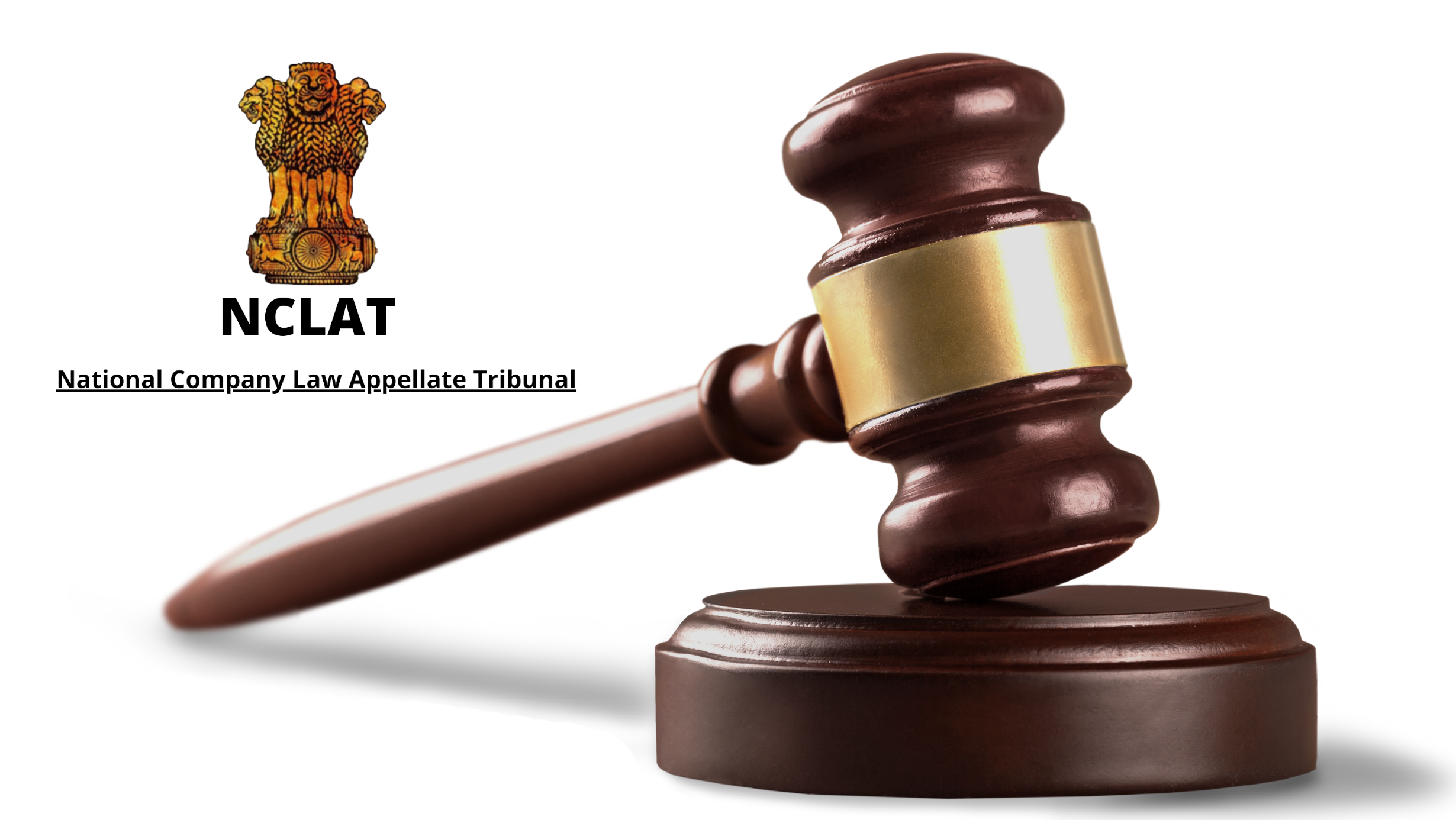Precious Energy Services Limited (“PESL” or “Petitioner Company”) is a wholly owned subsidiary of MAIF Investment India Pte. Limited, Singapore operates 15 MV Power Generating Station in Gujarat.
Petitioner Company filed Scheme of Capital Reduction (Scheme) at Hon’ble National Company Law Tribunal (NCLT) Ahmedabad Bench, where it was proposed to cancel 99.85 % of Paid-up Equity Share Capital by and paying Rs.77.49 Per share aggregating to Rs.5404.93 Lakhs by passing special resolution. Interestingly, the Net-worth of the Company is negative.
On direction of Hon’ble NCLT, Petitioner Company served individual notices to each of the secured & unsecured creditors. None of the creditors has raised objections to the Scheme. In view of Negative net worth and negative book value per share, proposed capital reduction was disallowed by the Hon’ble National Company Law Tribunal (NCLT) Ahmedabad Bench stating that the Capital Reduction is not in overall interest of the company and its stakeholders.
Petitioner Company filed an appeal with Hon’ble National Company Law Tribunal (NCLAT) and argued on following grounds: –
- Petitioner Company states that Company has sufficient arrangement of Cash Flows to undertake reduction of share capital and should not have any adverse impact on company ability to honour its obligation toward shareholders in case of reduction of share capital.
- Negative Net-worth of the company appearing in the books is due to depreciation being charged on the assets of the capital-intensive industry – Solar Power Plant
- Petitioner Company has referred to catena of judgement where it states that Reduction of Share Capital is Domestic Affair of Particular Company in which ordinarily a Tribunal will not interfere because of the reason that it is majority decision that prevails. Following are some of the Judgement referred by Petitioner company to NCLAT. [rml_read_more]
- Hon’ble Delhi High Court in case of Reckitt Benckiser (India) Ltd. (CP 206 of 2004) – held that:
- The question of reduction of share capital is treated as matter of domestic concern, i.e., it is the decision of the majority which prevails.
- If majority by special reduction decides to reduce share capital of the Company, it has also the right to decide as to how this reduction should be carried into effect.”
- Hon’ble Andhra Pradesh High Court in case of IL&FS Engineer and Construction Company Limited’ Vs. ‘Wardha Power Company Limited,’ (2013) 176 Comp. Cas 156 – held that: –
- Either in the case of a reduction of capital or a scheme of arrangement or both, the Court cannot interfere with the discretion and commercial wisdom of the stakeholders and the Board of Directors.
- If the reduction is one which is properly passed by the shareholders who are treated equitably, have had the facts explained, and provided the creditors are safeguarded, the court will habitually sanction reductions and exercise its discretion in favour of them unless the act is a pointless and hollow act. Provided those requirements are satisfied, the company may reduce its capital in any way that it thinks fit.
- The court does not exercise any appellate power over the decision of the Company or its management. The Court is required to satisfy itself and see that the procedure, by which the resolution is carried through, is legally correct and the shareholders and creditors are not prejudiced.
- Hon’ble NCLAT in case of Economy Hotels India Services Limited’ Vs. Registrar of Companies stated that: – “Reduction of Capital’ is a ‘Domestic Affair’ of a particular Company in which, ordinarily, a Tribunal will not interfere because of the reason that it is a ‘majority decision’ which prevails.”
- In case of RHI India Private Limited, 2021 SCC: – Hon’ble NCLAT has held that it is not for the Courts to reject Schemes on grounds not required to be delved into for the determination of the Scheme if all relevant documents were duly placed before the stakeholders and accorded approval of stakeholders is accorded.
NCLAT set aside the order of NCLT on the following grounds:–
- Petitioner company has complied with all the statutory requirements as per the directions of the Tribunal and has also filed necessary Affidavits to that effect and none of the Creditors objected to the reduction of the Capital.
- Section 66(1)(b) of the Act enables a Company to reduce its Share Capital ‘in any manner’ provided it is approved by the majority of Shareholders through a Special Resolution.
- As per Clarificatory Affidavit filed by Petitioner Company before NCLT Company has ready access to funds aggregating to Rs.5618.26/- which is an excess of the amount of Rs.5404.93 lakhs proposed to be paid to the Shareholders on reduction of capital.
Thus, compliances and availability of sufficient cash to pay to the shareholders on reduction of capital is considered as crucial fact for the approval.
Accounting Treatment:
On pursuant to the Capital Reduction, the Petitioner Company, in consideration will pay INR 77.49 per equity share to the shareholders. As the Scheme is in accordance with Section 66 read with Section 52 of the Companies Act, 2013, the petitioner company shall reduce the equity share capital to the extent of face value of shares cancelled and remaining amount (premium) shall be reduced from the existing securities premium account. As on 31st March 2021, the company had share premium account balance of INR 62.64 crore and negative retained earnings of INR 90.29 crore. The Securities Premium Account shall get reduce to circa INR 15.57 crore. Pursuant to this, the net worth of the company shall further get reduced to the extent of reduction in share premium account.
Direct Taxation:
A capital reduction with consideration shall attract direct tax as per provisions of section 2(22)(d) and 46A of the Income Tax Act, 1961 (ITA). In the absence of ‘Accumulated Profits’ available with the Petitioner Company, no deemed dividend (Section 2(22)(d)) shall attract in the hands of shareholders.
However, pursuant to the provisions of section 46A of the ITA, the difference between cost of acquisition & consideration shall be liable for capital gains. The shareholder being Singapore entity, the treaty benefits likely to be available with the shareholder.
Hon’ble NCLAT approves scheme under SEC 66 along with Section 52 for reduction of paid-up capital including share premium account in respect of 99.85% of shareholders despite negative NetWorth.




